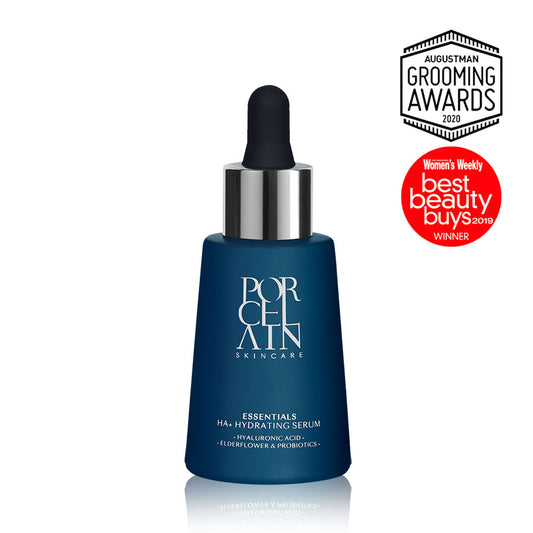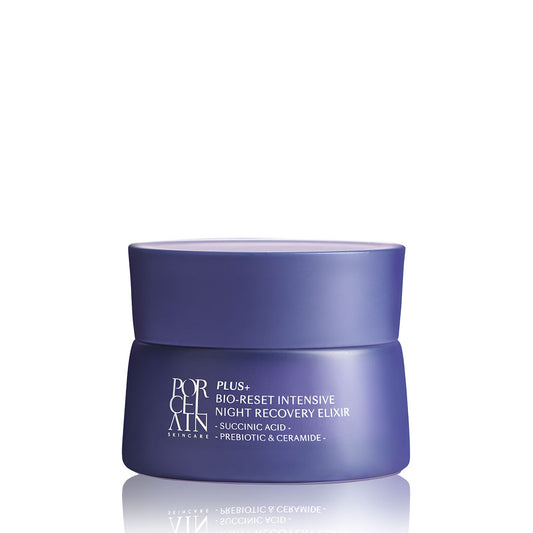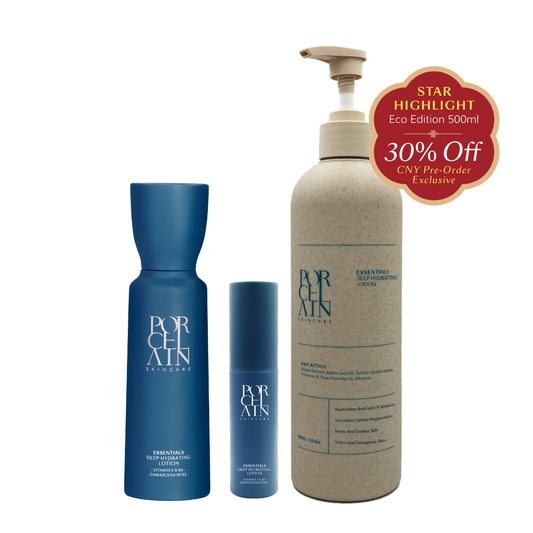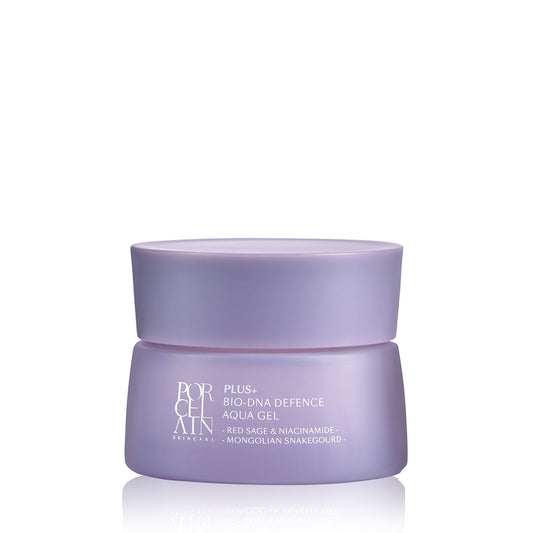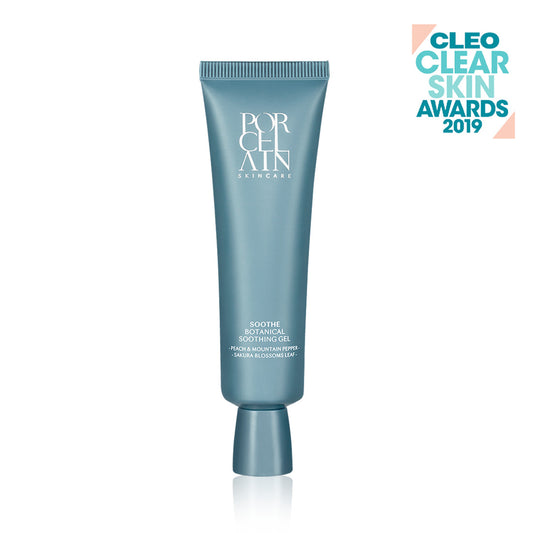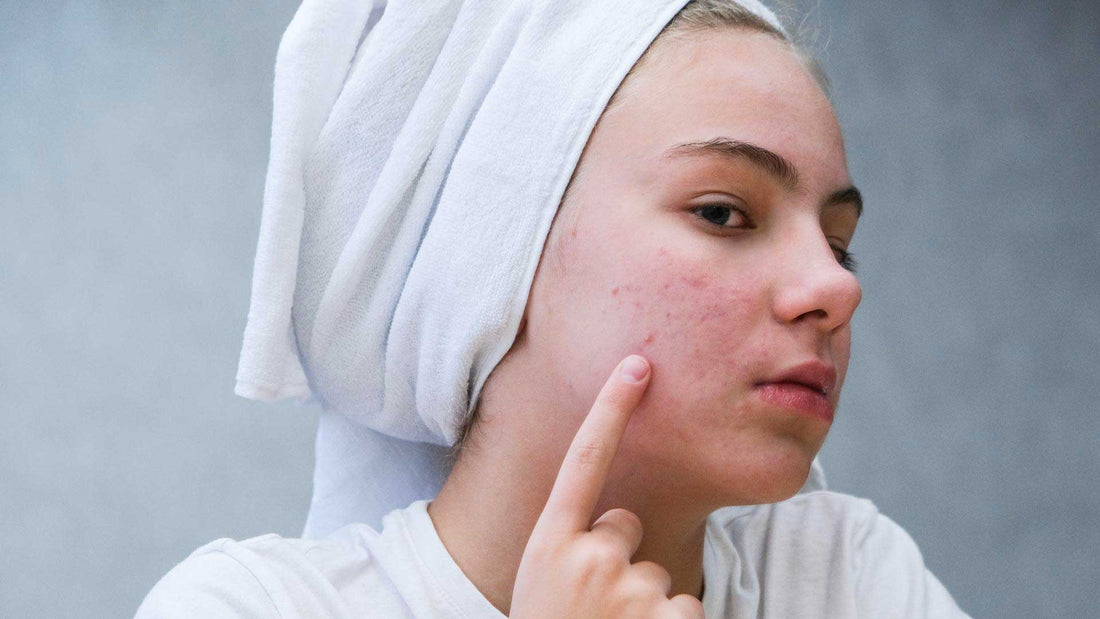Understanding acne (or misunderstanding it) is a common thing. Acne is a skin problem that affects almost all teenagers. The action of hormones on the skin’s oil glands (sebaceous glands) causes the condition. The sebaceous glands make an oily substance called sebum that empties onto the skin surface through the hair follicle opening (pore). The mixture of oil and cells allows bacteria that normally live on the skin to grow in the follicle openings. When this happens, pores become clogged and pimples develop.
Pimples can be one of the following kinds:
- Comedones: Non-inflammatory papules that can be open (blackheads) or closed (whiteheads).
- Papules: Lesions that are inflamed and can be tender to the touch. These usually appear as small, pink bumps on the skin.
- Pustules: Lesions that are inflamed and filled with pus. They may be red at the base.
- Nodules: Solid lesions that are large, painful, and lodged deep within the skin.
- Cysts: Pus-filled lesions deep under the skin. These may cause scarring and pain.
In most cases, pimples occur on the face, neck, back, chest, and shoulders. Acne does not present a serious health risk, but severe acne can result in permanent scarring. In addition, acne can have significant physical and psychological consequences, such as poor self-image, social inhibition, and anxiety.
Why Do Some People Get Acne and Others Don’t?
It is not clear why; the exact cause of acne is not known. But one important factor is an increase in male sex hormones called androgens. These increase in both boys and girls during puberty, and cause sebaceous glands (oil glands) to enlarge and produce more sebum. Androgens also can increase during pregnancy due to hormonal changes or starting / stopping birth control pills.
Another cause of acne is genetics. Researchers believe that the tendency to develop acne can be inherited from parents. In addition, some drugs (for example, anti-epilepsy medication, prednisone, androgens, and lithium) are known to cause acne. Cosmetics that have a greasy consistency may change the cells of the follicles, causing them to stick together and resulting in a plugged pore. Water-based products are less likely to cause acne.
Things that can make acne worse include:
- Friction caused by leaning on or rubbing the skin; harsh scrubbing
- Picking or squeezing blemishes
- Pressure from bike helmets, backpacks, or tight collars
- Changing hormone levels in adolescent girls and adult women 2-7 days before the start of the menstrual period
- Stress
Other factors that were previously thought to make acne worse do not seem to have an effect on the development of acne. These factors include chocolate, greasy foods, and dirty skin.
What Does Acne Look Like?

Acne can appear as one of the following:
- Whiteheads: White dots. Basically pores impacted with oil and skin covered by skin layers.
- Blackheads: Black bumps. Basically impacted pores out of which congestion pushes from the follicles. The black color is not from dirt, but rather, bacteria and matter that react with oxygen.
- Papules, pustules or nodules: More serious lesions that appear red and swollen due to inflammation or infection around the clogged follicles. Often painful and feel hard.
- Cysts: Deep, painful, pus-filled lesions that can cause scarring.
Acne Prevention Tips
- Don’t over wash or use harsh scrubs. Remember, acne is not caused by dirt. Two gentle washings a day is sufficient. Too much cleansing can leave skin irritated and dry, triggering increased oil production and increasing the likelihood of pimples.
- Use oil-free, non-comedogenic products (these won’t clog pores)
- Don’t squeeze or pick blemishes. Popping pimples can drive acne bacteria deeper into the skin. Picking can lead to more inflammation and permanent scarring.
Don’t let acne define who you are. Do the things you can to improve your skin, and then get back to doing the things you enjoy.
--
Treatments are the best ways to get rid of acne safely. Not only are technologically advanced equipment used, but trained experts who understand the inner workings of skin thoroughly are better able to manage skin and remove acne efficiently. Here are our recommendations for Porcelain’s best acne treatments.


